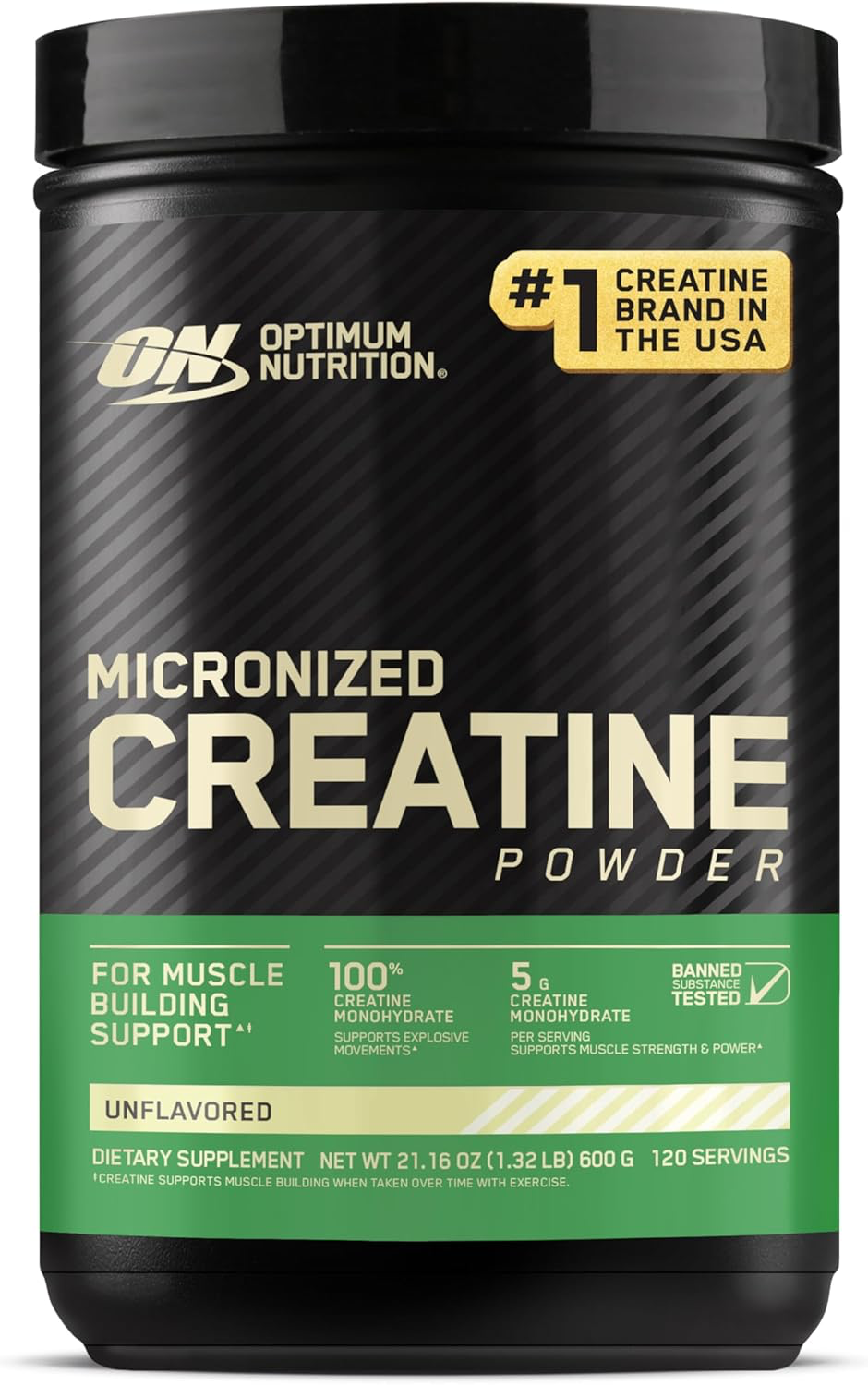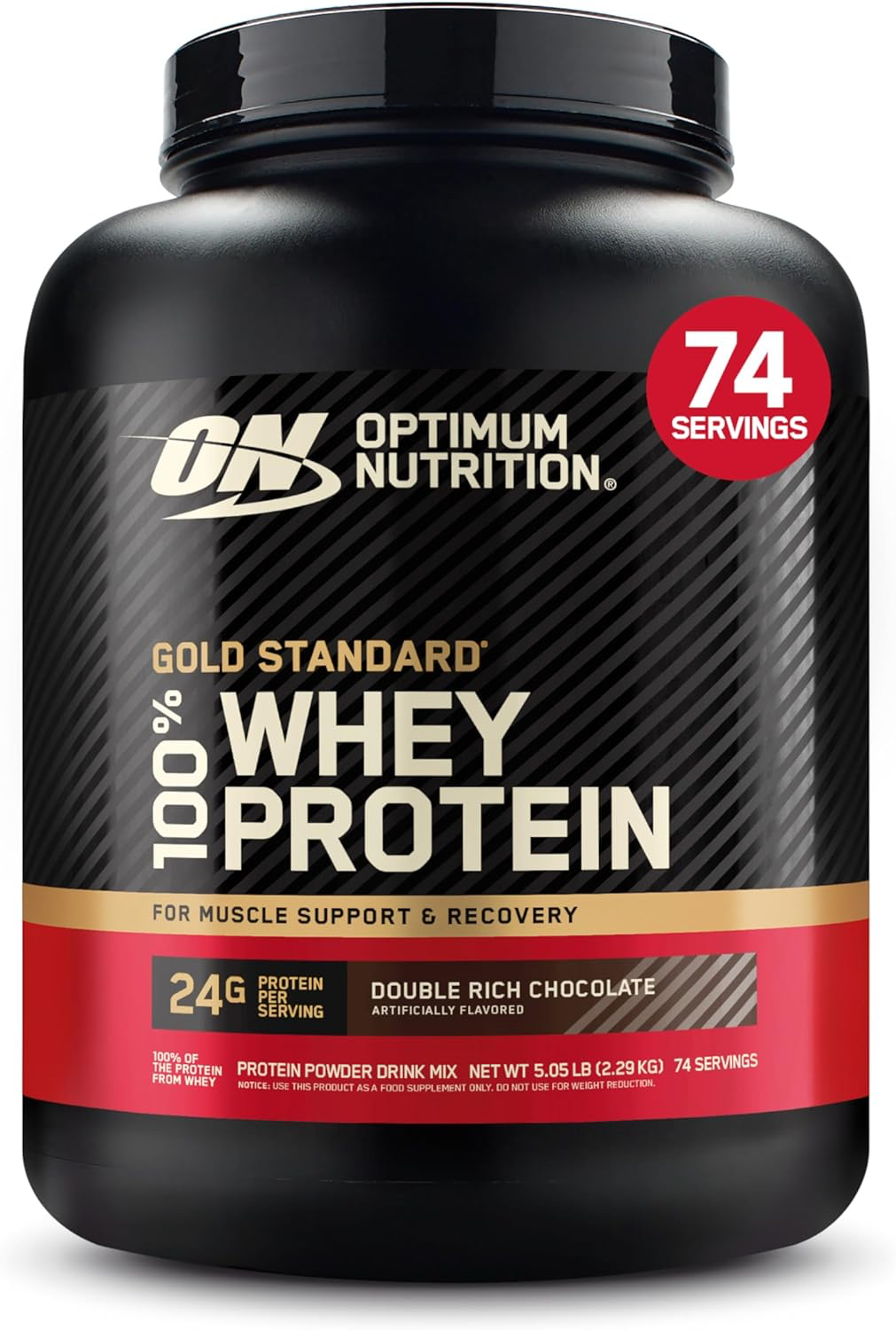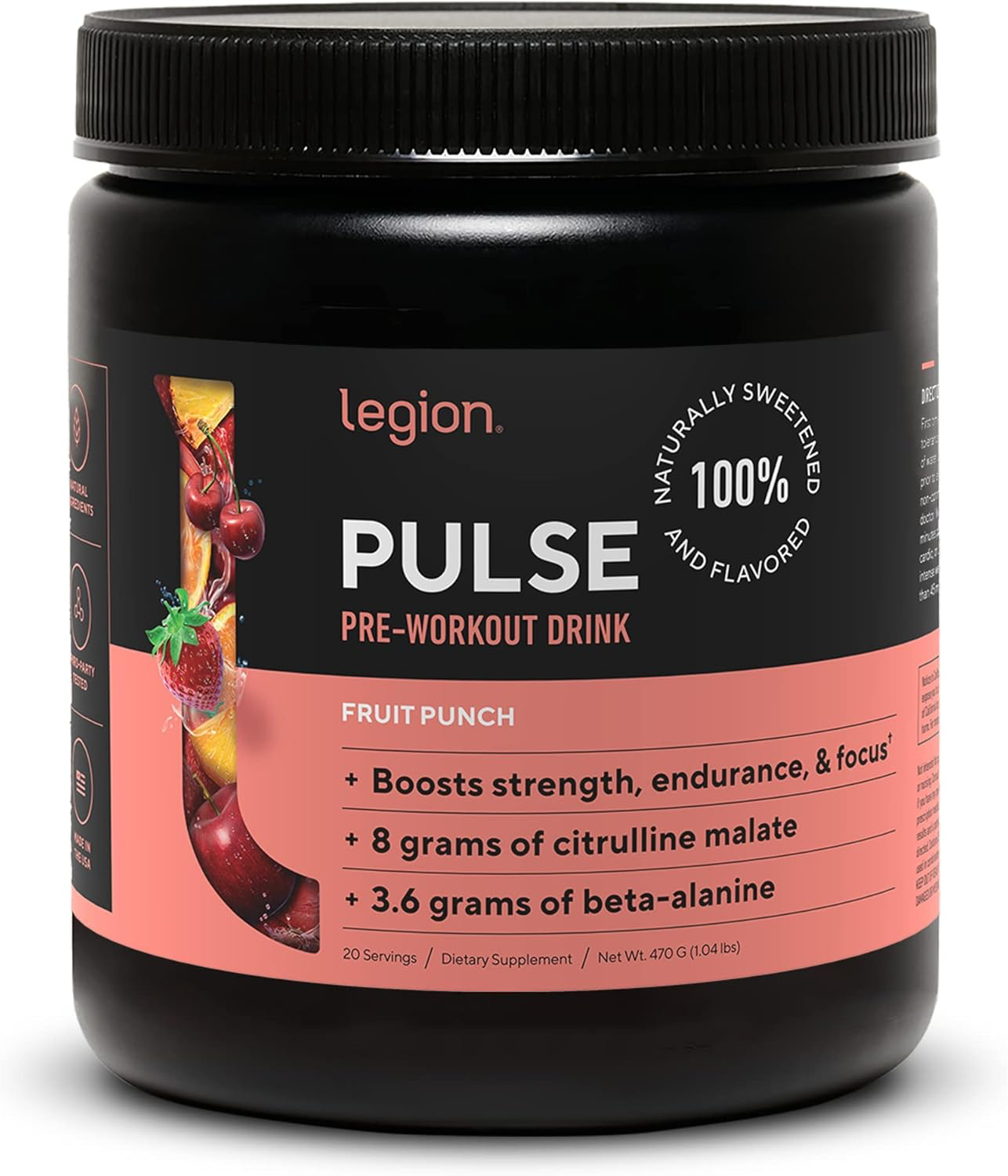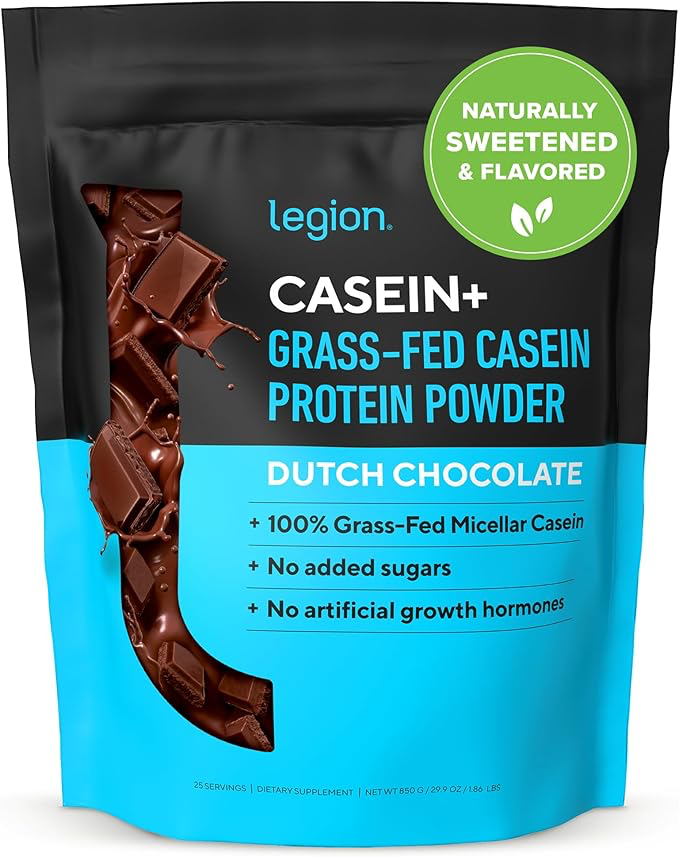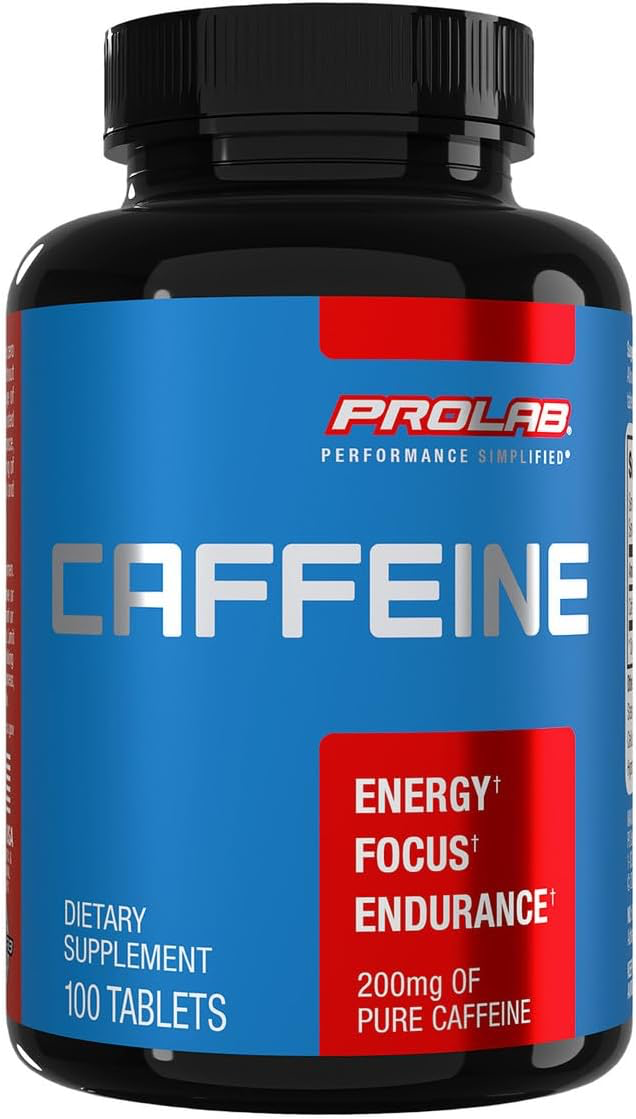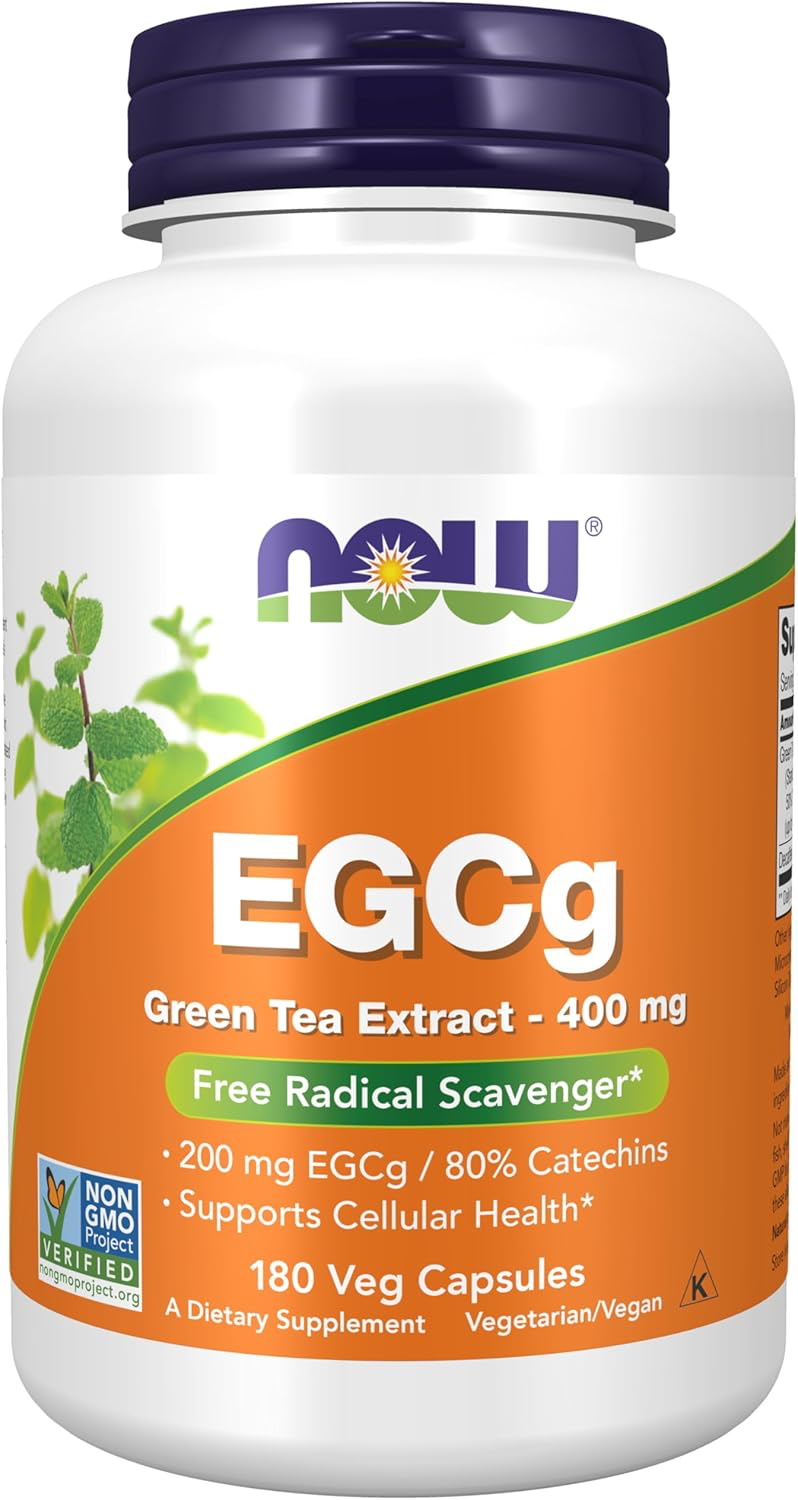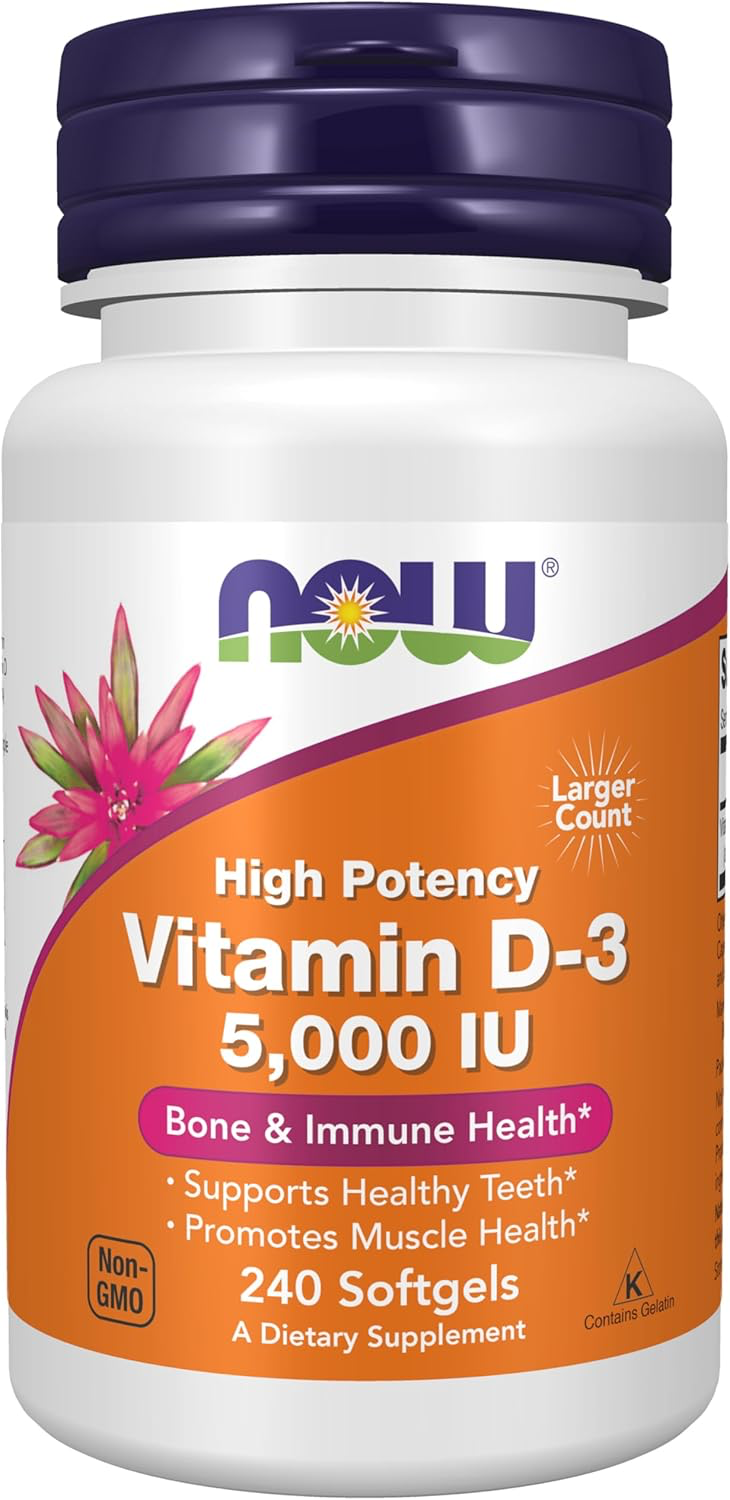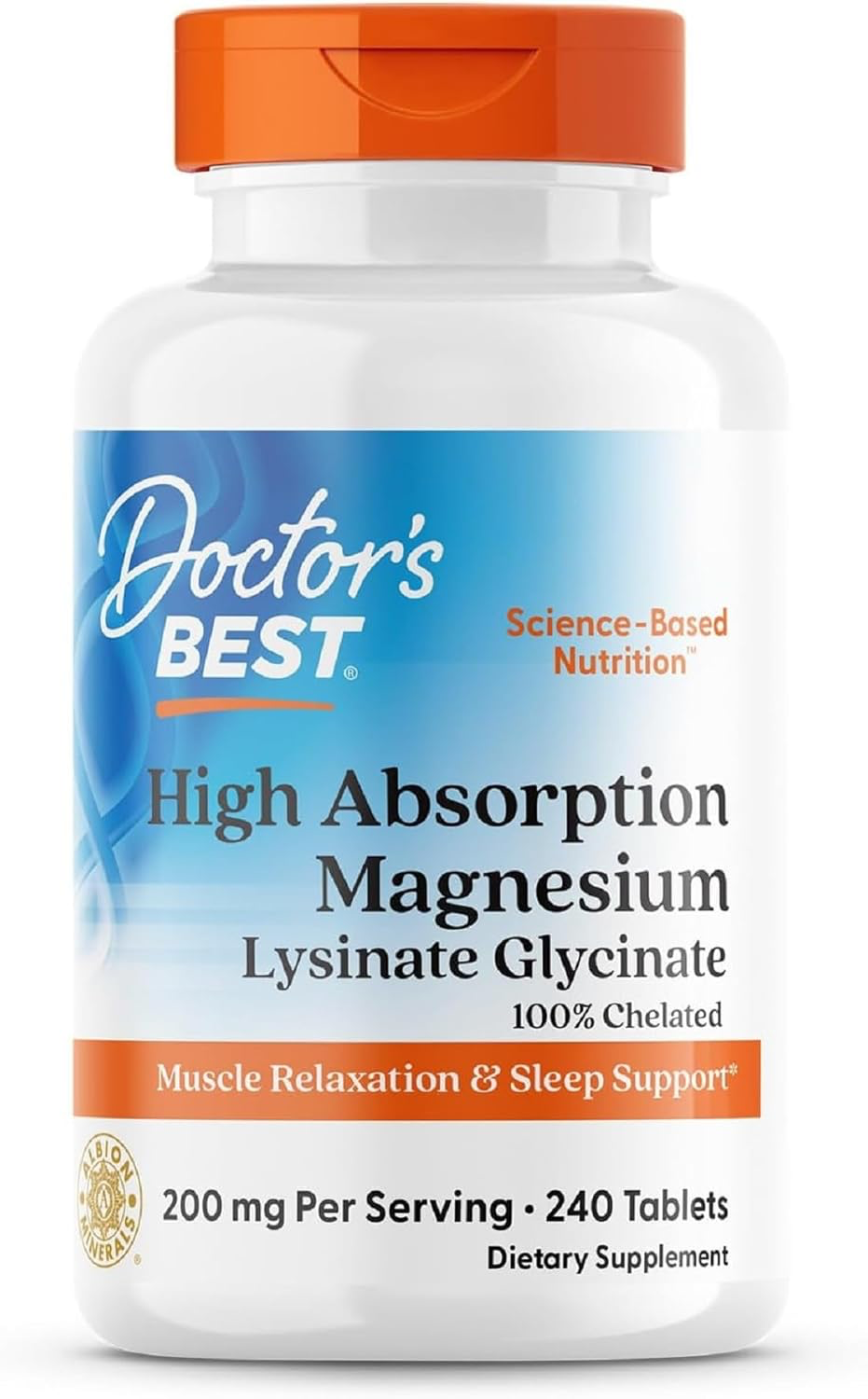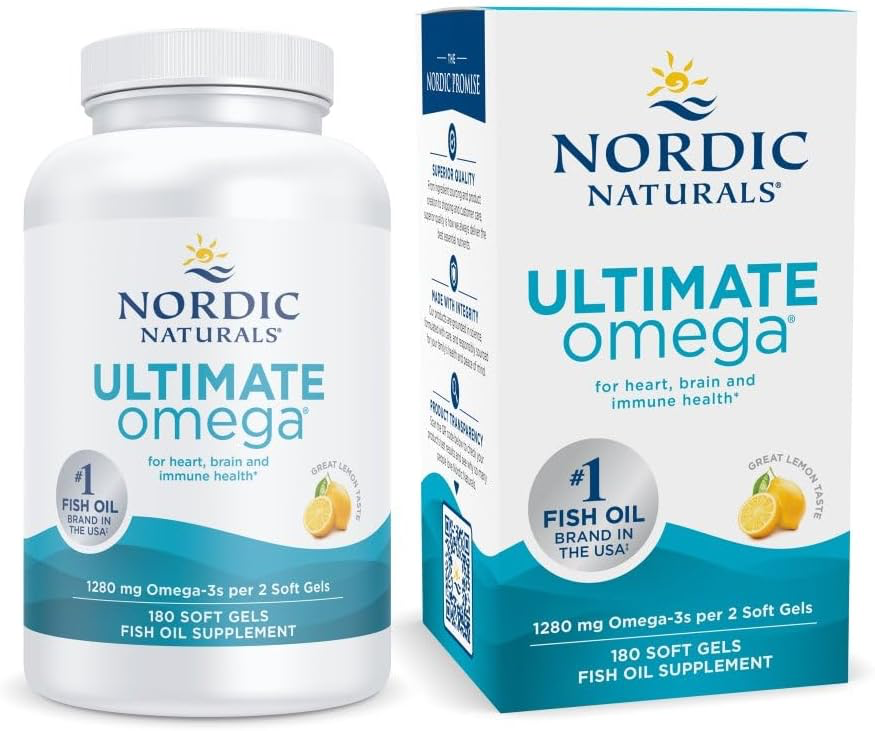Best Supplements That Actually Work (Science-Based)
Our comprehensive guide separates fact from fiction, revealing which supplements are worth your money based on scientific research and real results.
Quick Navigation
The Truth About Supplements in 2025
The supplement industry is projected to reach over $272 billion by 2028, with thousands of products making bold claims about enhanced performance, rapid weight loss, and optimal health. But which supplements actually deliver results?
At FindTDEE, we've analyzed hundreds of scientific studies, consulted with nutritionists, and tested countless supplements to bring you this definitive guide to supplements that are actually worth your money and time.
Important Note on Supplementation
Supplements are meant to complement a solid foundation of proper nutrition, consistent exercise, and adequate sleep—not replace them. Before starting any supplement regimen, calculate your daily calorie needs and ensure your nutrition fundamentals are in place.
Best Supplements for Muscle Building
1. Creatine Monohydrate
Creatine monohydrate is the most well-researched and effective supplement for increasing muscle mass, strength, and exercise performance. It works by increasing phosphocreatine stores in your muscles, providing energy for high-intensity workouts and promoting muscle protein synthesis.
Benefits Backed by Science:
- 5-15% increase in maximum strength and power
- 2-3 additional reps per set at given weights
- 1-3kg (2.2-6.6lbs) of lean mass gain over 4-12 weeks
- Enhanced recovery between training sessions
- Cognitive benefits including improved memory
Optimal Dosage:
3-5g daily, taken consistently. No loading phase necessary contrary to old recommendations.
2. Whey Protein
While not technically a supplement but a food product, whey protein is one of the most valuable additions to any muscle-building regimen. It's a complete protein with all essential amino acids and is particularly high in leucine, the key amino acid for triggering muscle protein synthesis.
Benefits Backed by Science:
- Significantly enhances post-workout muscle protein synthesis
- Supports lean mass gains when combined with resistance training
- May help reduce recovery time between workouts
- Helps meet daily protein requirements for muscle growth
Optimal Usage:
20-40g post-workout or anytime to help meet your daily protein target of 1.6-2.2g per kg of bodyweight.
3. Caffeine/Pre-Workout
Caffeine is one of the most effective and well-researched ergogenic aids available. It enhances focus, increases power output, and reduces perceived exertion during workouts—all factors that can lead to better training sessions and thus more muscle growth over time.
Benefits Backed by Science:
- 3-5% increase in maximum strength
- Improved endurance and training volume
- Enhanced mental focus during workouts
- Reduced perception of effort
Optimal Dosage:
3-6mg per kg of bodyweight taken 30-60 minutes before training. Avoid late afternoon/evening consumption if sleep-sensitive.
Best Supplements for Weight Loss
Let's be clear: there are no magic pills for weight loss. The foundation will always be a proper caloric deficit. However, these supplements have scientific evidence supporting their modest effects on fat loss or appetite control.
1. Protein Powder
While not traditionally considered a "fat burner," protein powder is perhaps the most effective weight loss supplement due to its powerful effect on satiety, metabolic rate, and muscle preservation during caloric restriction.
Benefits for Weight Loss:
- Increases feelings of fullness and reduces hunger
- Helps preserve muscle mass during caloric deficit
- Higher thermic effect of feeding (20-30% of calories burned during digestion)
- May reduce late-night snacking when consumed as an evening shake
Optimal Usage:
20-40g between meals or as a meal replacement when combined with fruits/vegetables. Aim for 1.6-2.2g of protein per kg of bodyweight daily.
2. Caffeine
Caffeine is the most common ingredient in commercial fat burners for good reason. It can temporarily boost metabolic rate, enhance fat oxidation during exercise, and improve workout performance while providing appetite-suppressing effects.
Benefits for Weight Loss:
- Increases resting metabolic rate by 3-11% temporarily
- Enhances fat oxidation during exercise
- Improves workout performance and calorie expenditure
- Provides mild appetite suppression
Optimal Dosage:
200-400mg per day, divided into 1-2 doses. Start with a lower dose to assess tolerance. Avoid taking after 2pm if sleep-sensitive.
3. Green Tea Extract
Green tea extract contains catechins, particularly EGCG (epigallocatechin gallate), which may enhance fat oxidation and slightly increase energy expenditure. The effects are modest but supported by multiple studies.
Benefits for Weight Loss:
- Small increase in metabolic rate (approximately 3-4%)
- May enhance fat oxidation, especially during exercise
- Contains small amounts of caffeine for additional thermogenic effect
- Rich in antioxidants with potential health benefits
Optimal Dosage:
400-500mg extract standardized to 45-50% EGCG, typically divided into 1-2 daily doses.
Best Supplements for Overall Health
1. Vitamin D3
Vitamin D deficiency is remarkably common, affecting an estimated 1 billion people worldwide. This crucial vitamin affects over 2,000 genes and plays vital roles in bone health, immune function, mood regulation, and even muscle performance.
Health Benefits:
- Improved bone mineral density and reduced fracture risk
- Enhanced immune system function
- Potentially reduced risk of certain cancers
- Improved mood and reduced depression symptoms
- May improve muscular strength and athletic performance
Optimal Dosage:
1,000-5,000 IU daily, depending on baseline levels, sun exposure, and specific health needs. Get blood levels tested if possible.
2. Magnesium
Magnesium is involved in over 300 enzymatic reactions in the body and plays key roles in energy production, muscle function, sleep quality, and stress management. Up to 50% of Americans may not get enough magnesium from diet alone.
Health Benefits:
- Improved sleep quality and duration
- Reduced muscle cramps and better recovery
- Decreased stress and anxiety levels
- Better management of blood pressure
- Enhanced insulin sensitivity
Optimal Dosage:
200-400mg daily of elemental magnesium, preferably as magnesium glycinate, citrate, or threonate for better absorption.
3. Omega-3 Fish Oil
Omega-3 fatty acids EPA and DHA are essential fats with powerful anti-inflammatory effects. They support cardiovascular health, brain function, joint health, and may even aid recovery from exercise.
Health Benefits:
- Reduced inflammation throughout the body
- Improved heart health metrics (triglycerides, blood pressure)
- Enhanced cognitive function and mood
- Decreased joint pain and improved mobility
- Better exercise recovery
Optimal Dosage:
1-3g combined EPA and DHA daily. Look for products that specify the EPA/DHA content, not just "fish oil."
Supplements to Avoid: Save Your Money
The supplement industry is filled with products making bold claims unsupported by scientific evidence. Here are supplements that research suggests aren't worth your money:
Testosterone Boosters
Despite bold marketing claims, over-the-counter testosterone boosters typically show no significant effect on testosterone levels in research. The small handful of ingredients with minor effects (like ashwagandha) are better purchased individually.
Mass Gainers
These are essentially protein powder mixed with large amounts of sugar and cheap carbs. You can make a more nutritious, cheaper alternative by blending protein powder with oats, fruit, and nut butter.
BCAAs (When Protein Intake Is Adequate)
If you're consuming adequate protein (1.6g+ per kg of bodyweight), additional BCAAs provide no extra muscle-building benefit. Complete protein sources already contain all the BCAAs you need.
Glutamine
While important for immune function, supplemental glutamine hasn't been shown to enhance muscle growth or performance in healthy individuals already consuming adequate protein.
Most Fat Burners
Most commercial fat burners contain a proprietary blend of ingredients in doses too small to be effective. The effective ingredients (caffeine, green tea extract) are better purchased individually.
Frequently Asked Questions
Do I need supplements to build muscle?
No, supplements are not required to build muscle. The foundation of muscle growth is progressive resistance training, adequate protein intake (which can be achieved through whole foods), caloric surplus, and proper recovery. Supplements like creatine can optimize this process but are not essential.
When should I take protein powder?
Protein timing is less important than total daily protein intake. That said, having protein within a few hours before or after training can be beneficial. For general use, protein supplements can be taken anytime to help meet your daily protein goals. Some people find a shake before bed helpful for recovery.
Is creatine safe for long-term use?
Yes, creatine monohydrate has been extensively studied and shown to be safe for long-term use in healthy individuals. Numerous studies spanning up to 5 years have found no adverse effects with recommended dosages. Always consult with a healthcare provider if you have pre-existing kidney conditions.
Do fat burners really work?
Most fat burners have minimal effects on weight loss, typically in the range of 1-3% increased metabolism. Their effects are small compared to proper diet and exercise. Some individual ingredients like caffeine and green tea extract have modest evidence for small effects on metabolism, but no supplement can overcome a poor diet.
How do I know if a supplement is worth buying?
Look for supplements with clinical evidence behind them, transparent labeling (no proprietary blends), effective dosages of active ingredients, and third-party testing for quality. Be skeptical of products making extreme claims or using celebrity endorsements instead of science.
The Smart Approach to Supplementation
The most effective approach to supplementation is minimalist and evidence-based. Focus on getting the fundamentals right first: a nutrient-dense diet based on whole foods, proper training, adequate sleep, and stress management. Then, selectively add supplements that have solid research backing their efficacy.
Remember that even the best supplements provide modest benefits compared to the fundamentals. A small number of well-chosen, quality supplements can enhance your results, but they can't compensate for poor nutrition or inconsistent training.
Start by calculating your daily caloric needs with our TDEE calculator, optimize your nutrition plan, and then consider which evidence-based supplements might help you reach your specific goals more efficiently.
Support My Work
If you found this guide helpful, consider buying me a coffee. Your support helps me keep creating free, science-based content.
